Multibeam Systems for Extreme Environments
The search for resources and energy reserves for the future is continuously increasing in the polar region. More and more states are trying to stake their claims and to register th...
Every month we will focus on a specific theme, featuring a selection of articles which have previously been published in Hydro International magazine. By including a mix of older and more recent articles, we will present a complete recap of the subject. Furthermore, we will be bringing you a bi-weekly round-up of ‘Focus Stories’ related to the theme through our newsletter (sign up here). The theme for November 2017 is:
This Focus on GNSS is interesting as it covers a fascinating area, having its requirements for the surveyors’ skills and equipment. However, also alternative and small-scale approaches may work well.

The search for resources and energy reserves for the future is continuously increasing in the polar region. More and more states are trying to stake their claims and to register th...
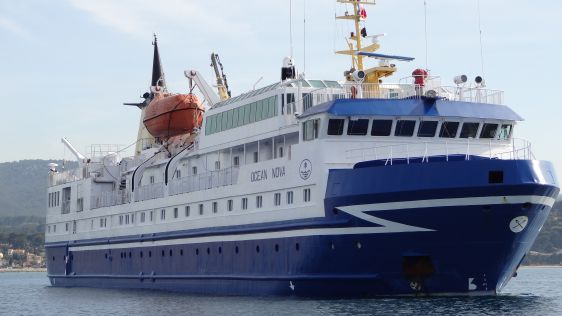
The 2015 April issue of Hydro International considered the contribution of Forward-looking Sonar (FLS) to safer navigation in inadequately charted waters. Certain polar waters...
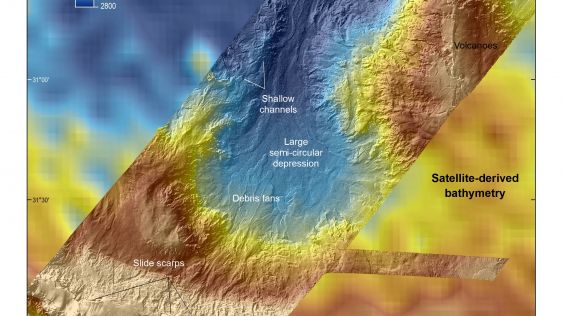
The disappearance of Malaysian Airlines flight MH370 on 8 March 2014 led to a deep ocean search effort of unprecedented scale and detail in the remote south-eastern Indian Ocean. B...
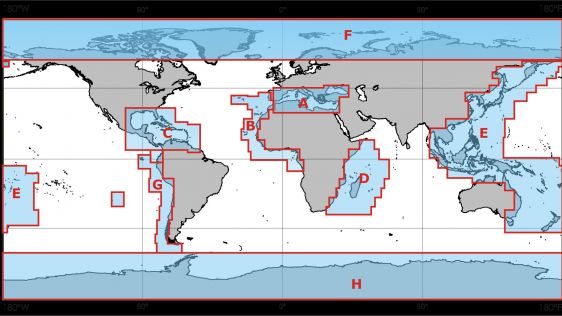
Since the 1970s, the International Bathymetric Charts (IBCs) of the Intergovernmental Oceanographic Commission have offered a framework for compiling soundings with a view to produ...
Every month we will focus on a specific theme, featuring a selection of articles which have previously been published in Hydro International magazine. to present a complete recap of the subject. If you don't want to miss these themed recaps, sign up for the newsletter (sign up here).
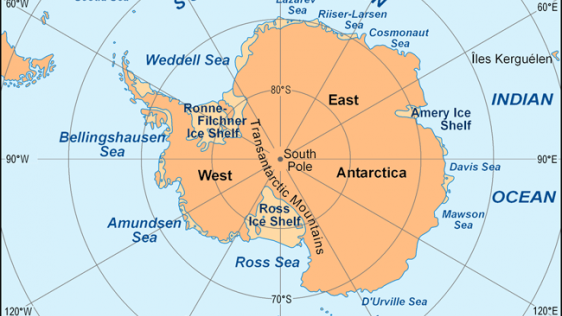
The Scientific Committee on Antarctic Research (SCAR) expert group for the compilation of the new International Bathymetric Chart of the Southern Ocean (IBCSO) proposes to build a...
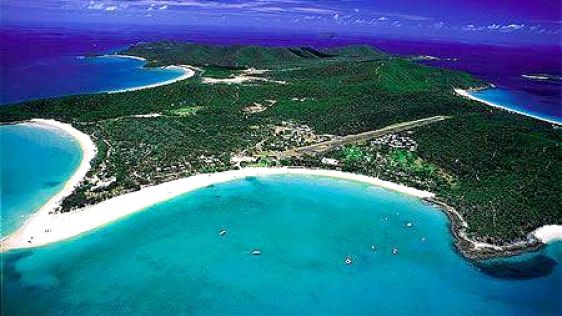
The Royal Australian Navy’s Australian Hydrographic Service has recently added to its survey capability with the innovative use of reservist hydrographic surveyors in a mobil...
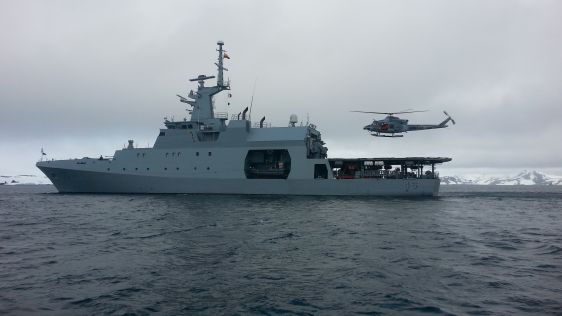
The first Colombian scientific expedition to Antarctica was a major challenge for the country and the Colombian Hydrographic Survey organisation because of the extreme conditions i...
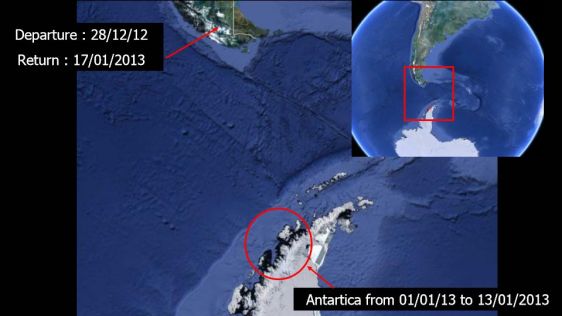
Navigation data is poorly available in Antarctica. If navigational data is available it often dates back to the early 1900s with many lead line surveys. An initiative was undertake...
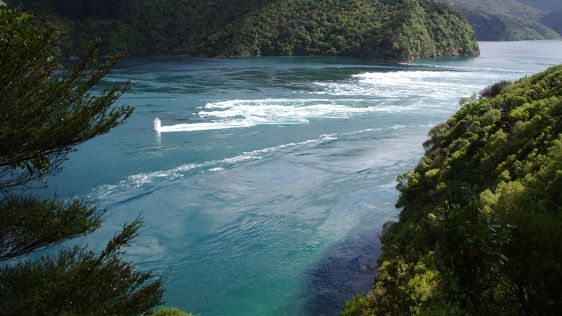
In 2007, the National Institute of Water & Atmospheric Research's (NIWA) deepwater 70m research vessel Tangaroa returned from a voyage to Antarctic waters. It had here continue...
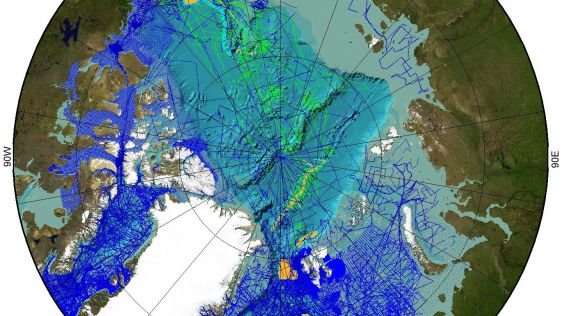
Drifting echo-sounding buoys will soon provide bathymetric control in inaccessible areas of the oceans. The SSPARR (Seafloor Soundings in Polar and Remote Regions) buoy project hol...
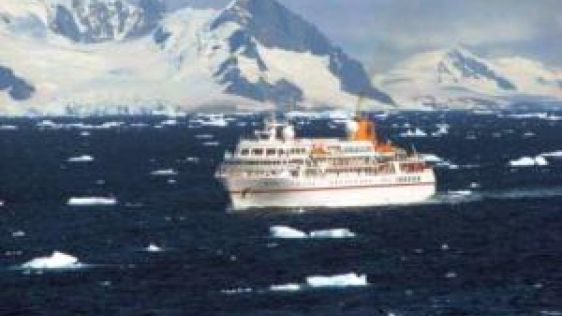
Ice navigation is more of an art than a science, and like most arts, does not fit neatly into any scheme for enhancement by electronic means. It is an art learned in theory at navi...
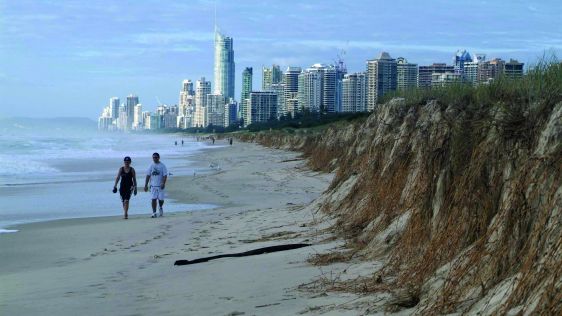
The oceans are a central part of the global climate system. As Roger Revelle, one of the early directors of the Scripps Institute of Oceanography, said, “The oceans exert a p...
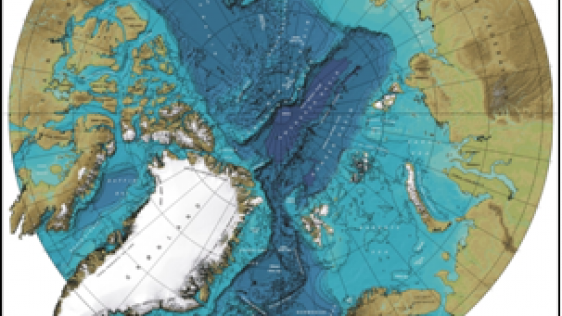
Bathymetric mapping remains incomplete in the Arctic and Southern Oceans. Some proposed International Polar Year activities could help improve the situation by collecting new sound...
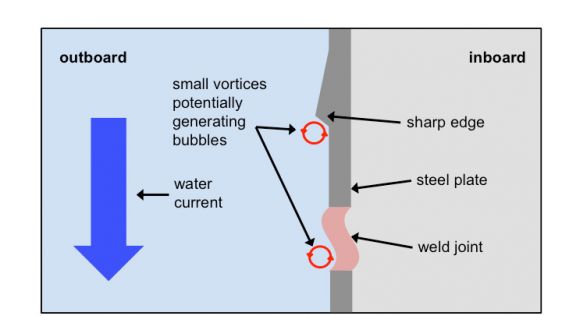
Within echo sounding circles it is well known that air bubbles may have a negative effect on echo sounding systems. This article briefly presents the German way of dealing with air...
This site uses cookies. By continuing to use this website, you agree to our Cookies Policy. Agree